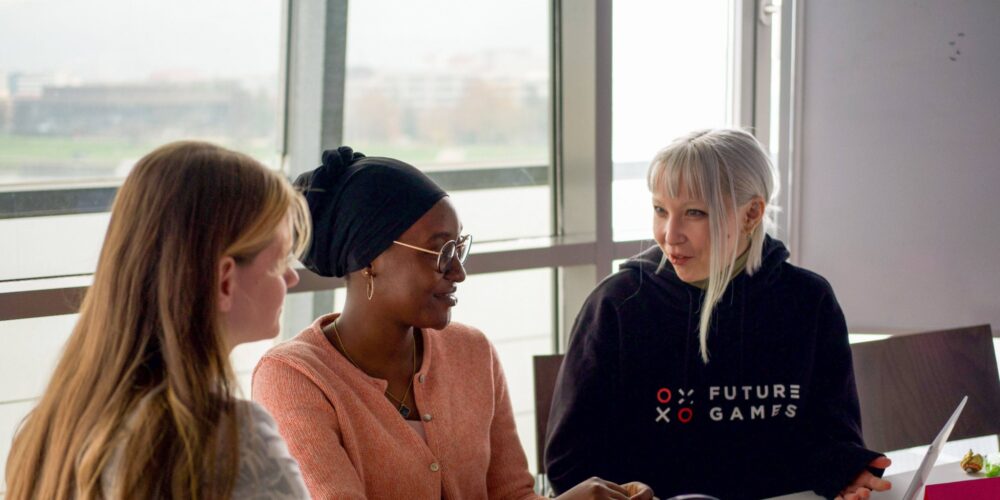
Ars Electronica Platform Europe
-
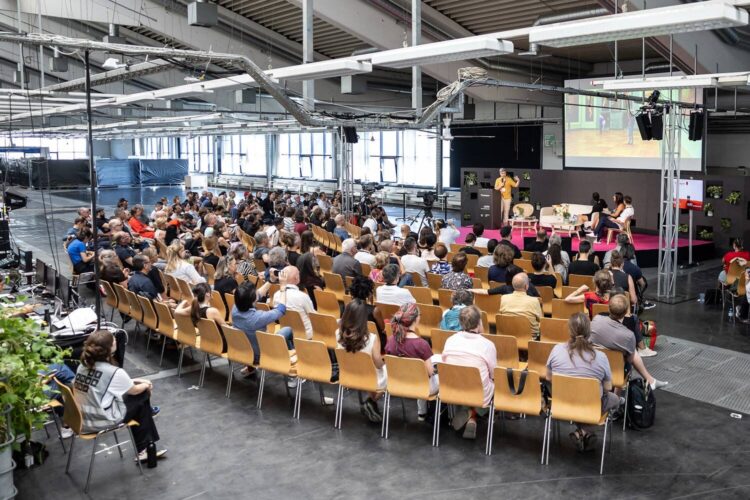
Rethinking the Future of Europe through Art and Culture
Art and culture are driving forces for a resilient Europe of the future. But real change can only come from collaboration—and it is precisely this collaboration that is at the heart of the Ars Electronica Festival 2025.
-

Tracing the Invisible Lines Between Devices and Drones
How closely are commercial AI systems entangled with military technology? Awarded the STARTS Prize 2025 Grand Prize –Artistic Exploration, this project reveals hidden connections.
-
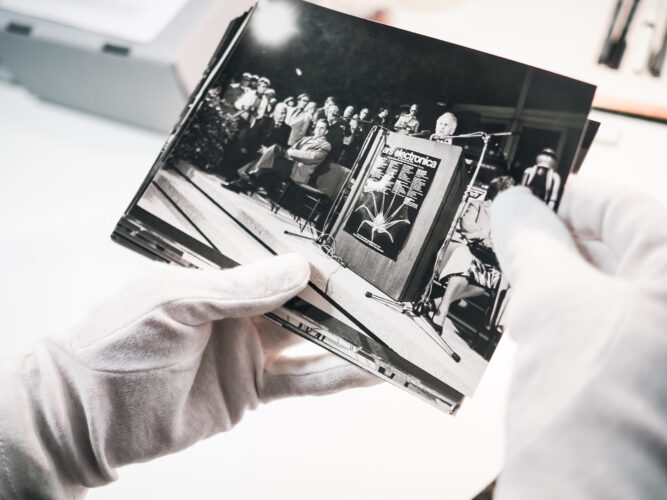
How the Ars Electronica Archive Reflects the Development of Artificial Intelligence
What do an archive of media art and the history of AI have in common? And can these histories perhaps be intertwined in order to gain a better insight into what has fascinated and preoccupied people at different times with the idea of “artificial intelligence”?
-
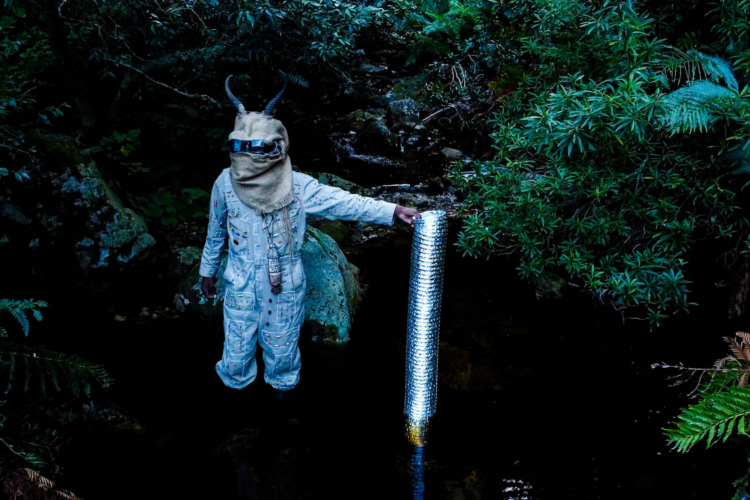
The new Ars Electronica Platform Europe
The European Platform for Digital Humanism has been relaunched as Ars Electronica Platform Europe to foster collaboration for tech-driven change through art and to advocate for healthy democracies on the continent and beyond.
-

A circular model for the future
The Label4Future project aims to develop sustainable solutions together with companies – supported by digital transformation and innovative approaches from cultural and creative industries.
-

Virtuality meets reality: XR projects at the Ars Electronica Festival
The exhibition „Applied Virtualities: Extended Reality in Practice“ shows how XR technologies are opening up new paths and poses important questions about the future of our digital world.
-
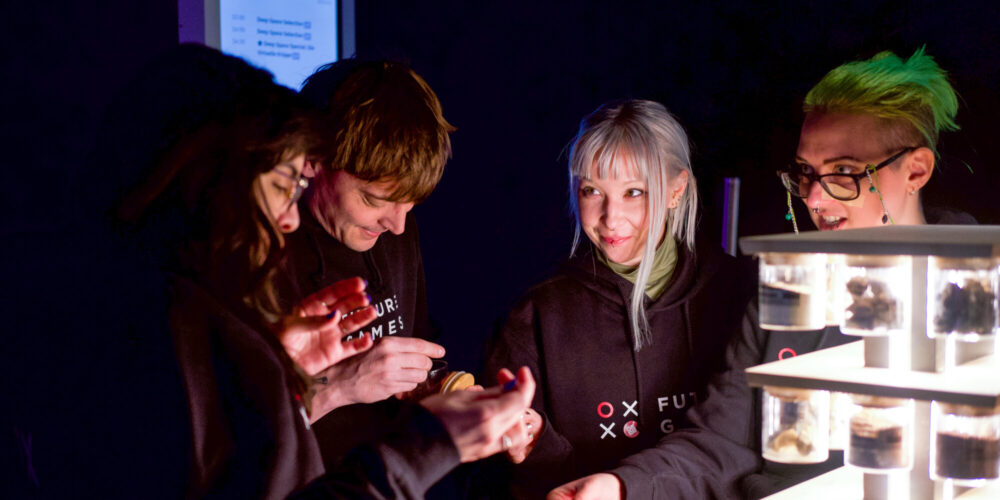
Ars Electronica: a European Platform for Digital Humanism
Within the framework of the European Platform for Digital Humanism the Ars Electronica Festival 2023 will once again display works created in collaboration with partner organizations and realized with funding from the European Union.
-
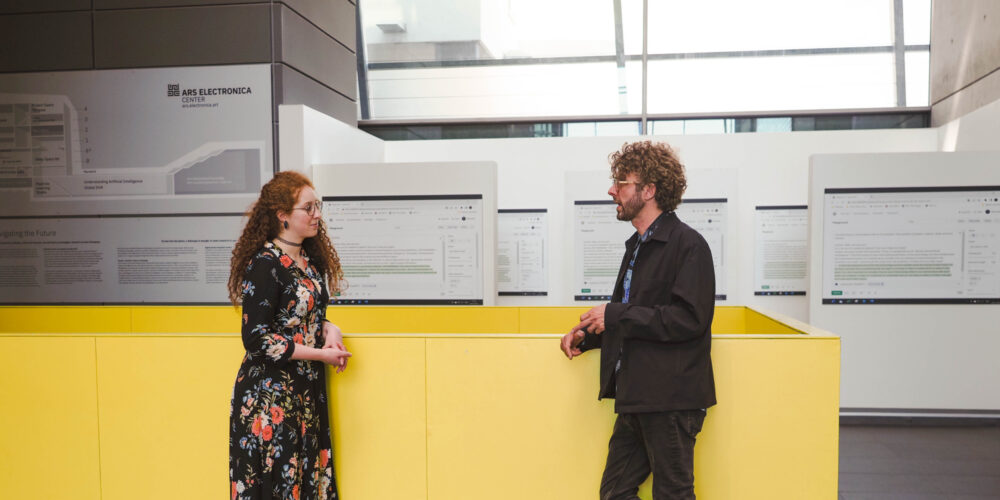
#Let’s Swab – Science for Citizens and Citizens for Science
In Isala scientists and citizens join forces to study the vaginal microbiome and create a database that challenges the social and medical bias surrounding the female body and intimate self-care.
-
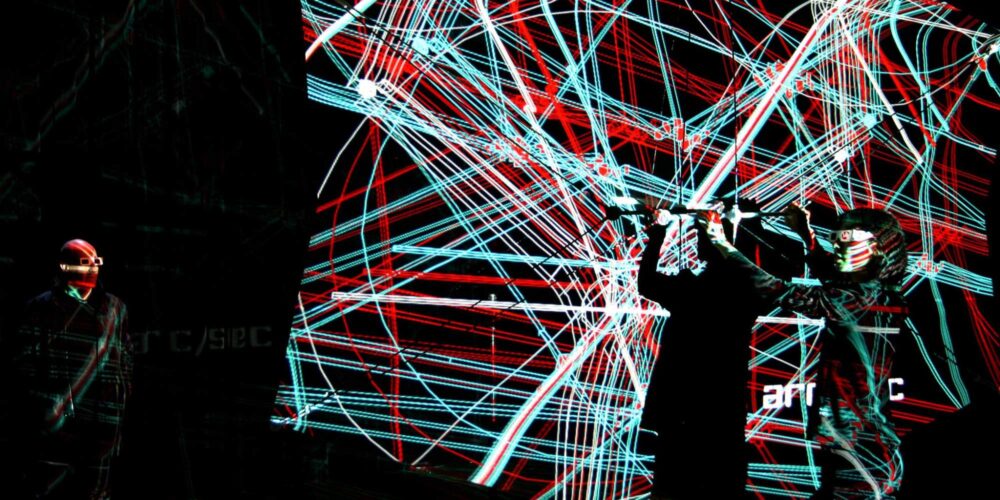
What is the European Platform for Digital Humanism?
Ars Electronica as a platform for art, technology and society and collaborative projects sponsored by the European Union belong inseparably together. Why is that so? We’ll tell you here:
-
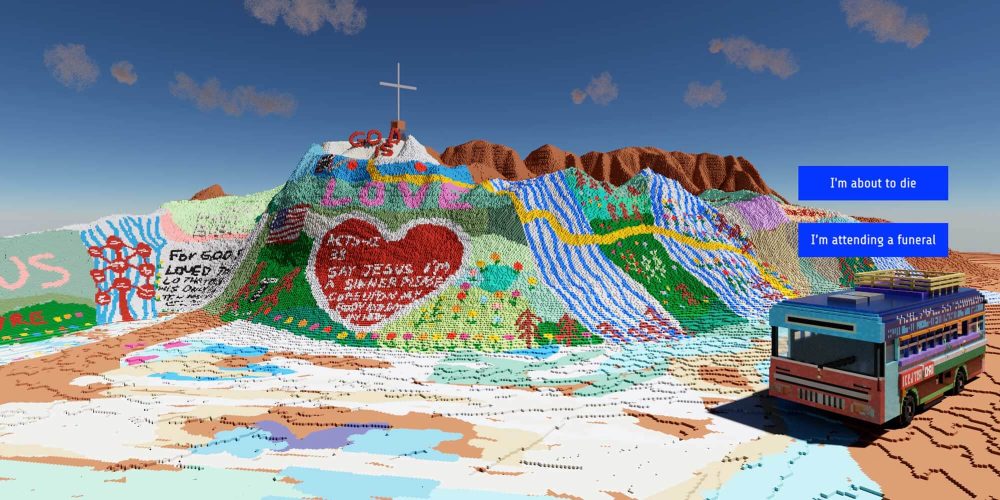
Who wants to live forever? AI and our digital (after)lives
[:de]Throughout time and across cultures, humans have been conditioned to view death as an endpoint in the experience of life. In an increasingly globalized and digitalized world, have our traditions and behaviours towards death changed? What happens when data outlives the person?
-
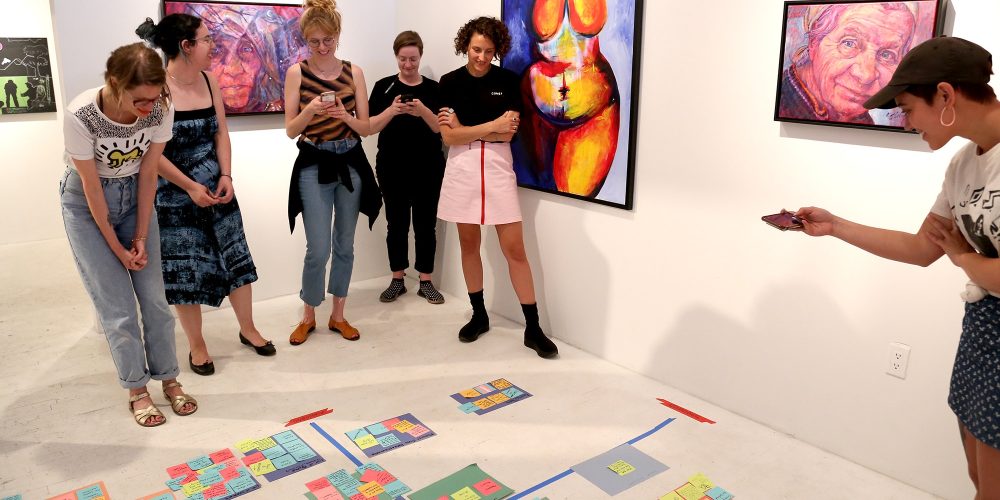
Is this a man’s world? Acknowledging gender bias in AI
Artificial Intelligence is fast becoming a major driving force of the rapidly accelerating digital transformation. Therefore, we have the responsibility to confront and question the gender biases inherent in AI models and seek ways to mitigate them.
-
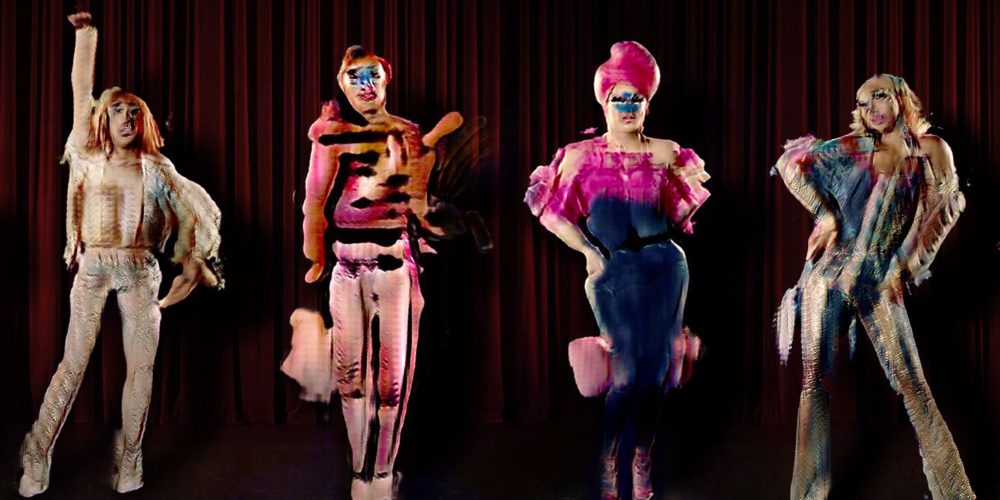
I see you: (in)visibility and equality in a new digital world
As Ars Electronica is a platform for those who see the future as the responsibility of our time and face it with social activation and empowerment, the last festival hosted projects which focused on making different realities and identities visible.
-
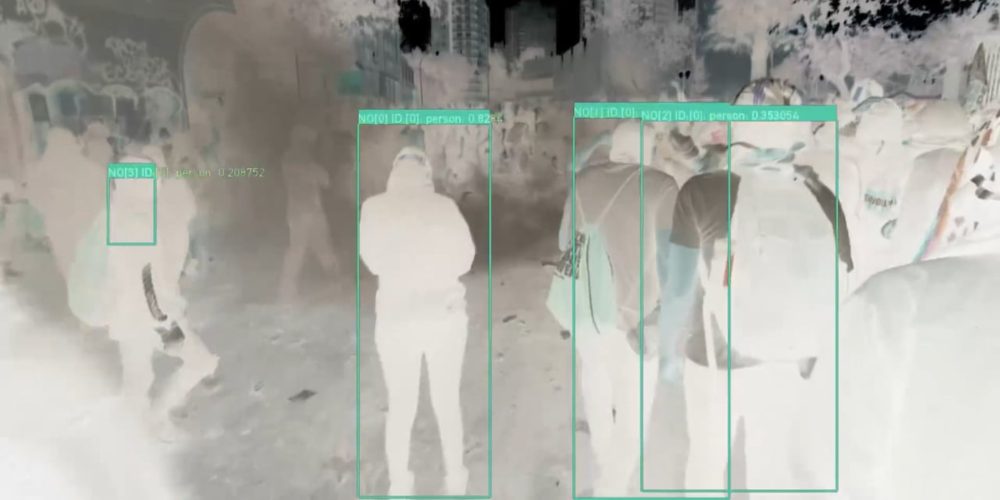
Digital Democracy: How democratic is the Internet?
Is democracy digital and how democratic is the digital? We have put together a collection of festival projects on the topic of “Digital Democracy”!
-

Take this: The New Digital Deal! (2/2)
Even more numerous, even more exciting and even more diverse: Here comes Part Two of the highlights of the Ars Electronica Festival 2021.
-

Digital Humanism: Teaching and learning through an artistic lens
Education is one of the core aspects of the European Platform for Digital Humanism, which is only natural, as historically education has always been fundamental to what we understand humanism to be.
-

Digital Humanism: Art as driver for human-centred innovation
Digital technology spills into and shapes all aspects of our lives, from the way we inhabit both digital and physical spaces, the ways in which we interact and communicate with others, to the ways we work and plan our lives.
-
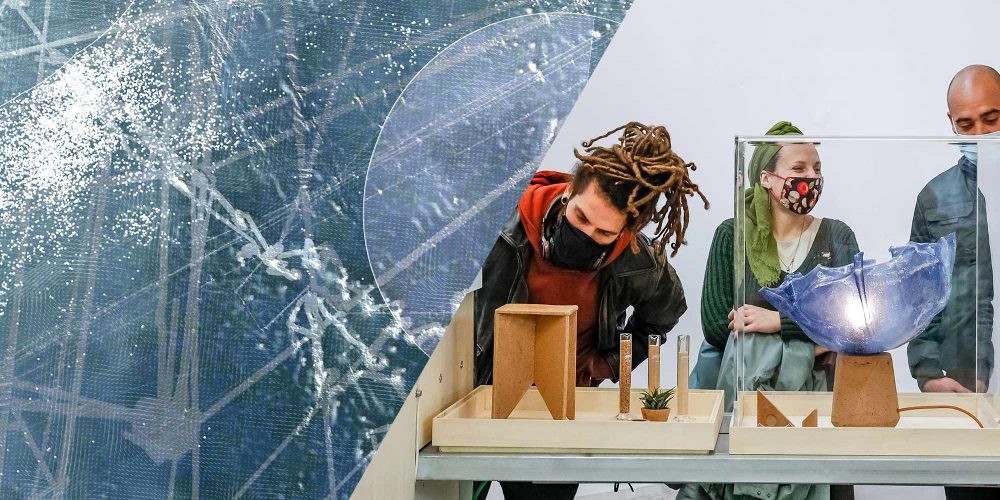
The Winners of the 2021 STARTS Prize
We present the Grand Prizes at the intersection of science, technology and art: “Remix el Barrio” and “Oceans in Transformation”.
-
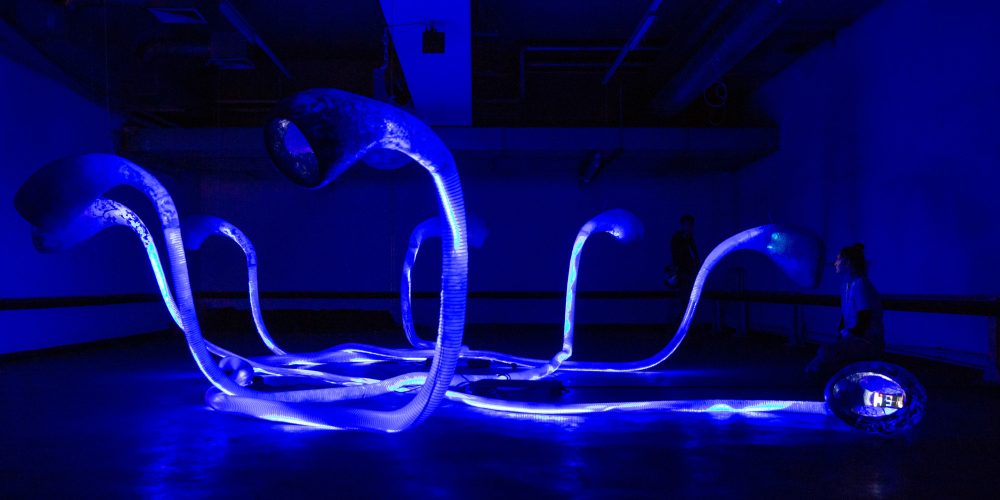
Focus on the Human Being
This year, for the first time, the BMEIA and Ars Electronica have issued a joint Award for Digital Humanity. The focus is on the human being.
-
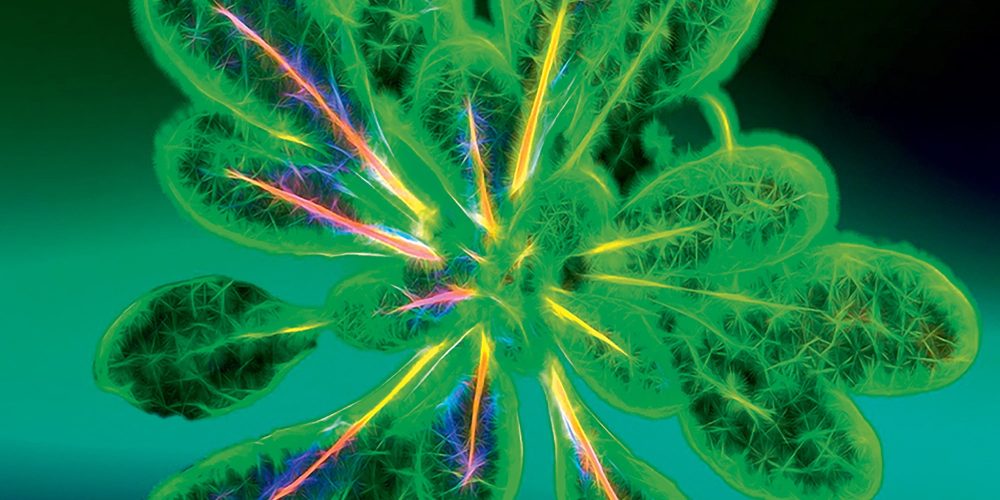
Challenging the Human Perspective
How to address the biodiversity and climate crisis through collaborative and innovative art-driven approaches.
-
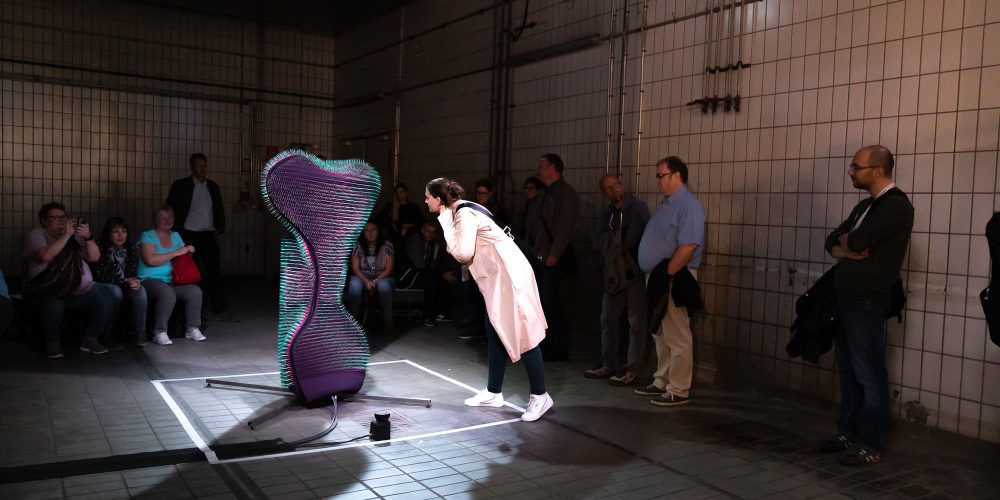
Shaping the Digital Future
Ars Electronica’s European Platform for Digital Humanism asks about the impact of technologies on society.
